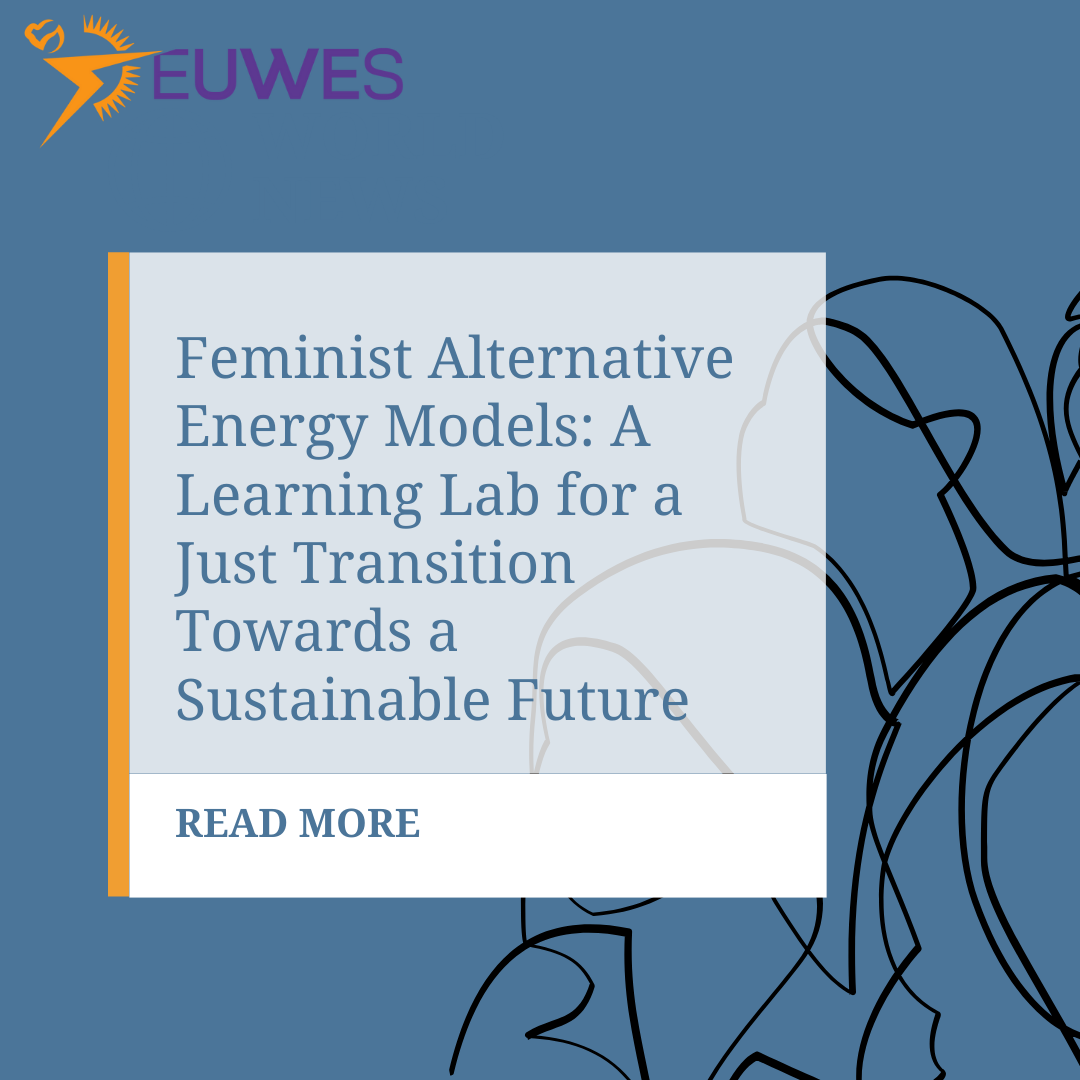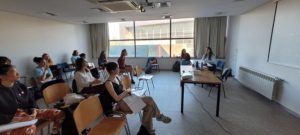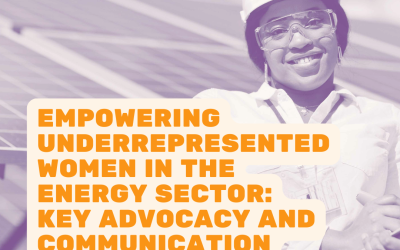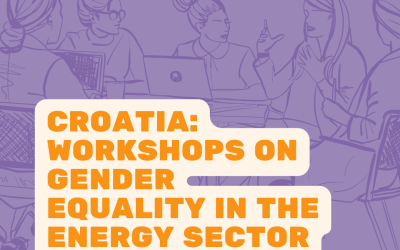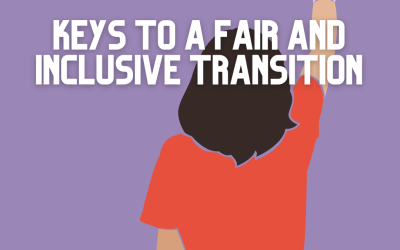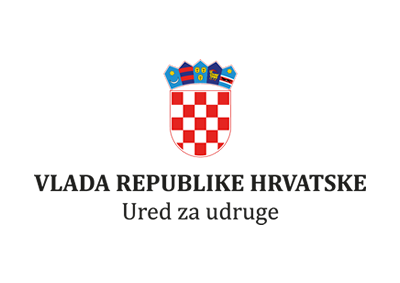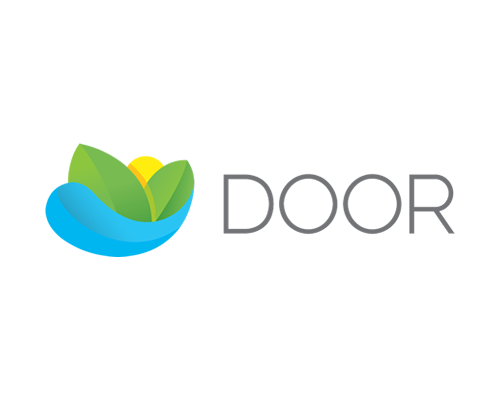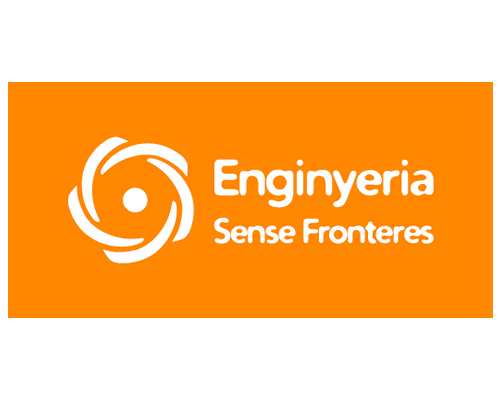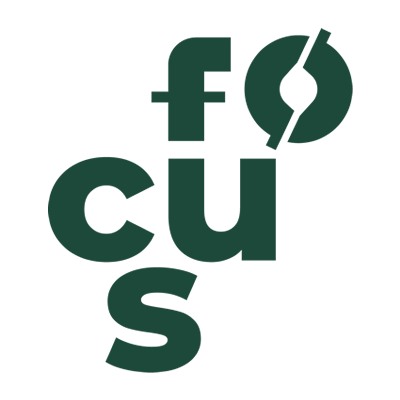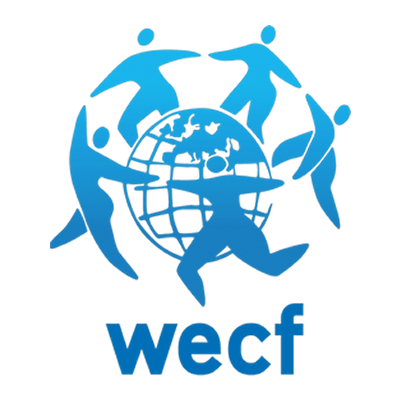On June 21st, 2024, ESF contributed to a workshop organized by the GI-ESCR at the 10th International Degrowth Conference and 15th Conference of the European Society for Ecological Economics in Pontevedra, Spain. ESF shared some of the lessons learned in the EUWES project, aimed at Empowering Underrepresented Women in the Energy Sector.
The event was attended by at least 20 female students from diverse backgrounds and disciplines, and had as the main objectives:
- Exploring the connection between degrowth and care, identifying how degrowth can be advanced through understanding care as the focal point of the sustainable energy paradigm.
- Developing strategies to integrate care principles into degrowth frameworks, envisioning how a feminist approach to economic restructuring can prioritise human rights, well-being, sustainability, and social justice in the energy model.
- Facilitating collaboration between human rights, feminist, environmental and alternative economic movements, fostering mutual understanding and solidarity to address intersecting challenges and advance alternative energy transitions collectively.
During the workshop, various frameworks for approaching the energy transition from a feminist perspective were presented, giving space for the participation of the students and the generation of dialogue and knowledge building.
In particular, ESF shared some of the results obtained in D1.2 Mapping energy and gender policies in Spain of the EUWES project, and public policy recommendations elaborated in the framework of this intervention.
Among the participants, a consensus was reached on how decarbonisation thinking should also be based on feminism, considering the impact on women of the different sectors of the energy model, putting environmental and social justice at the centre of the new transition, and integrating political criteria with technical ones.
